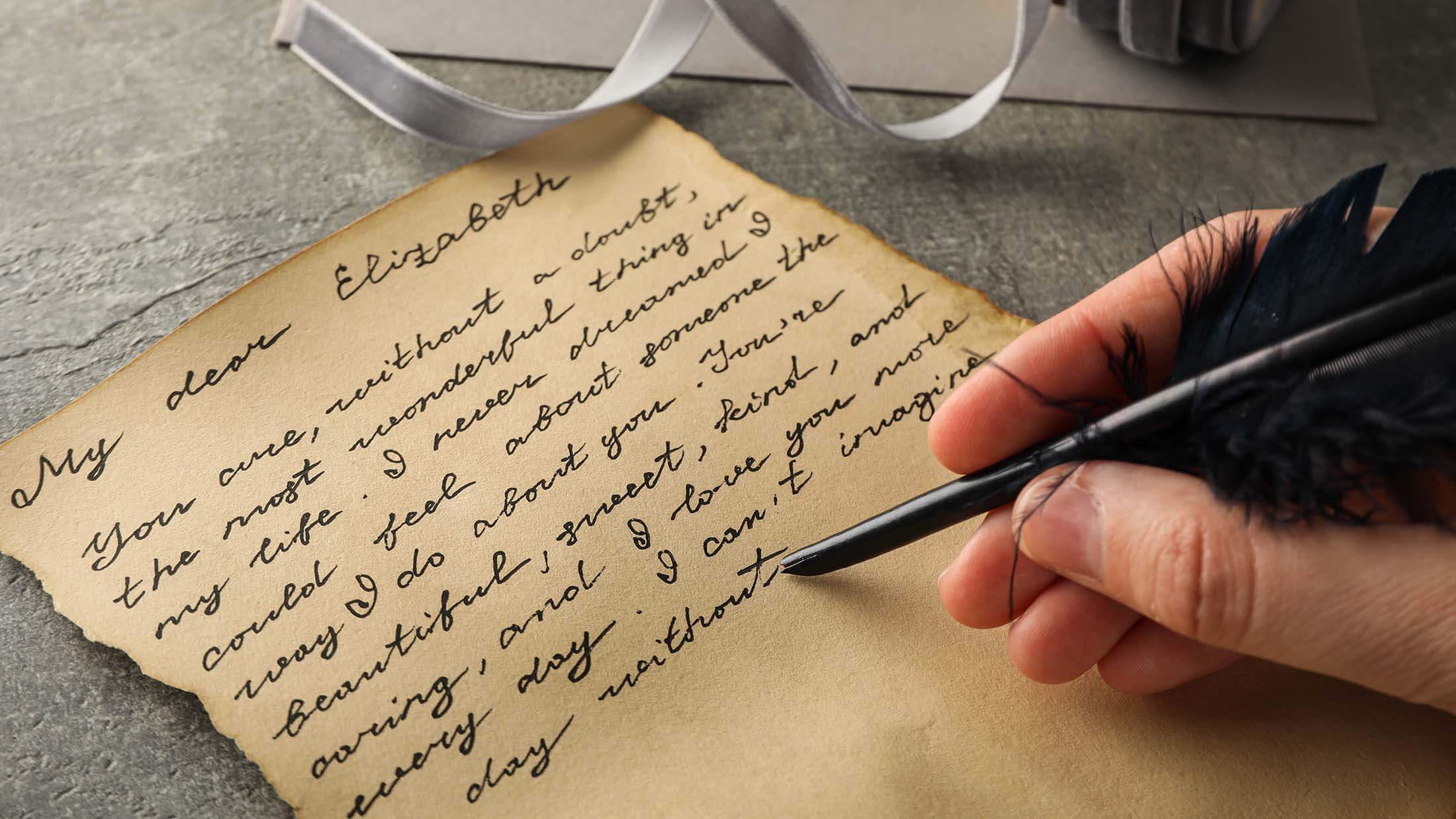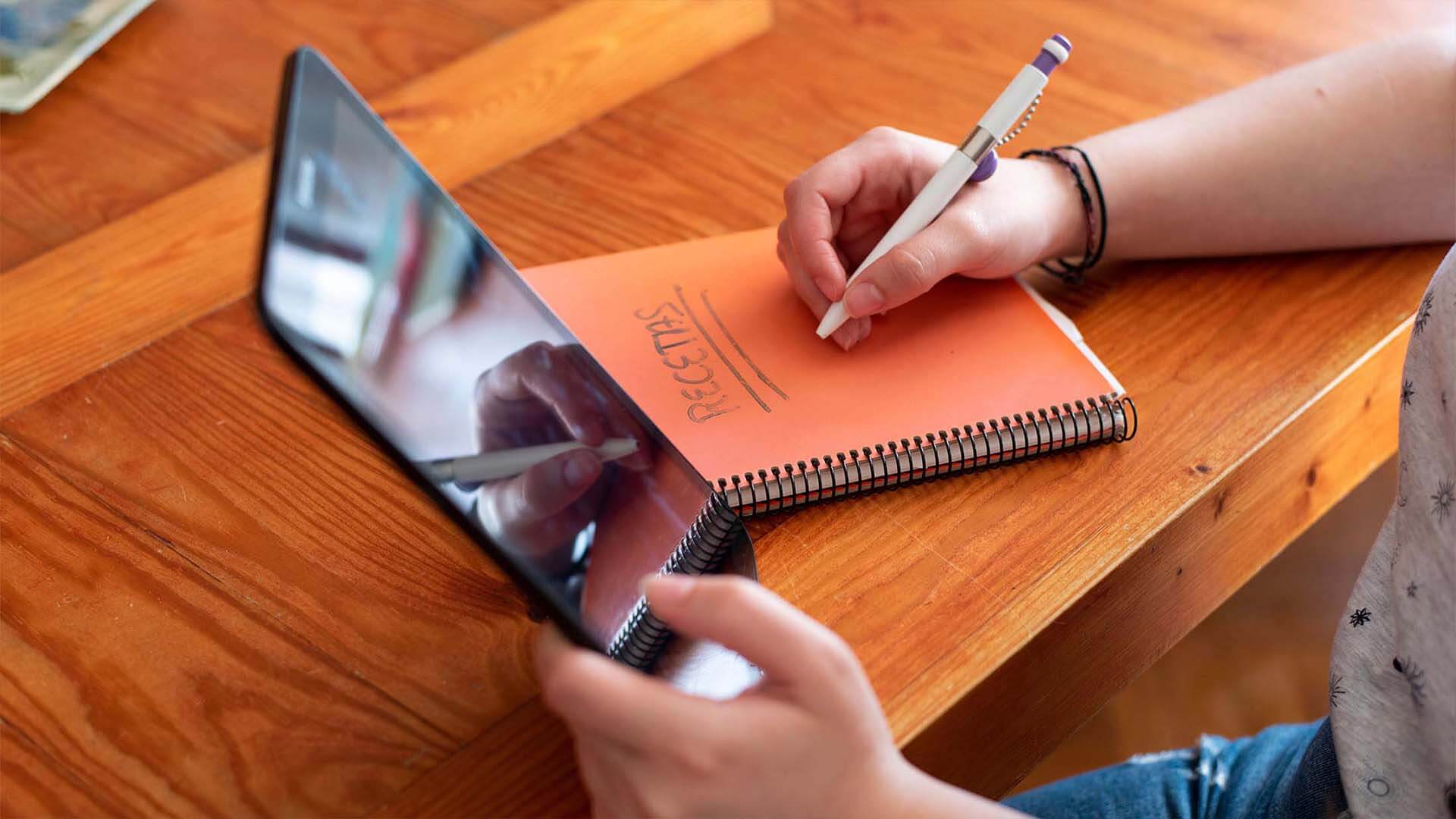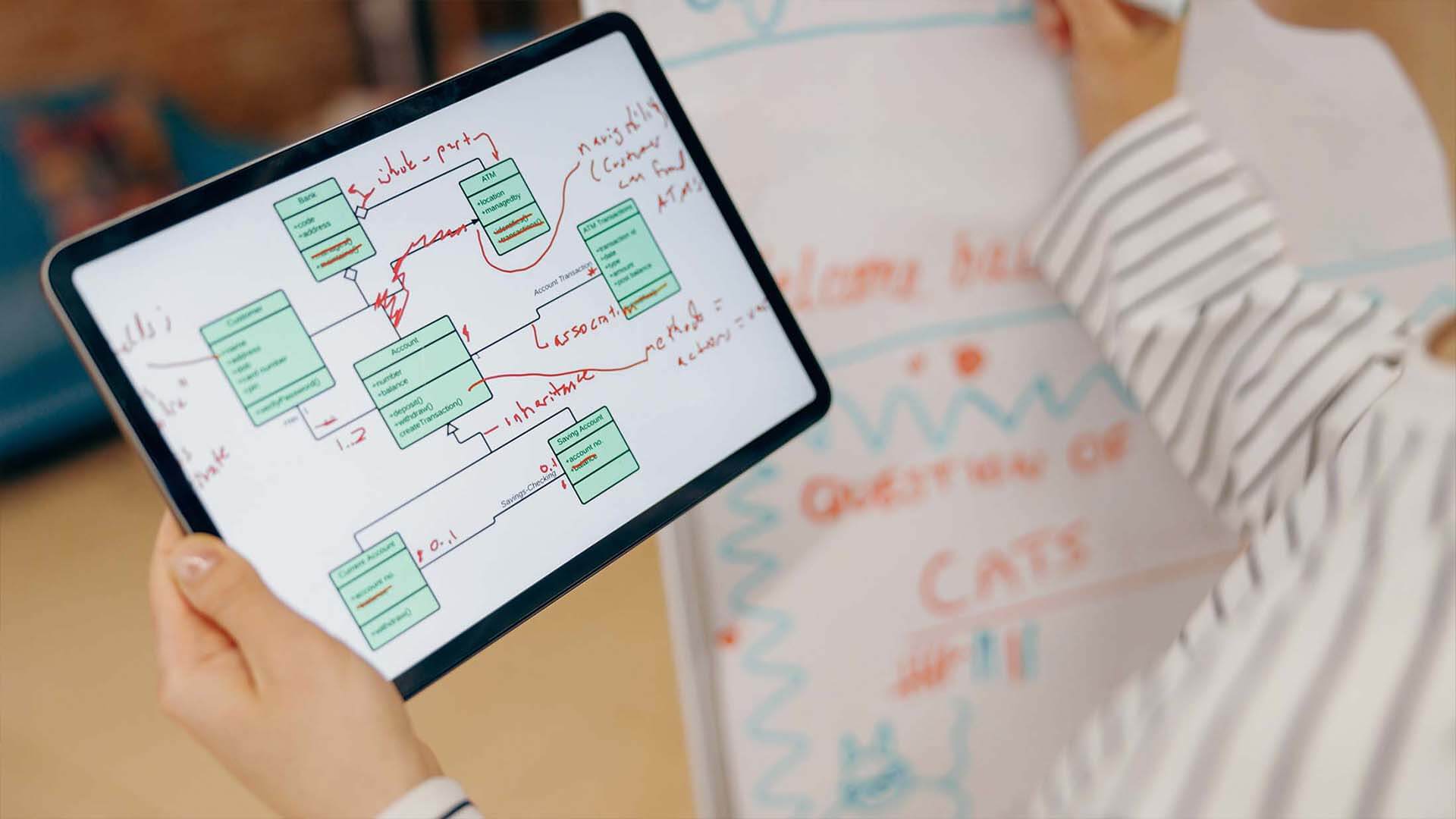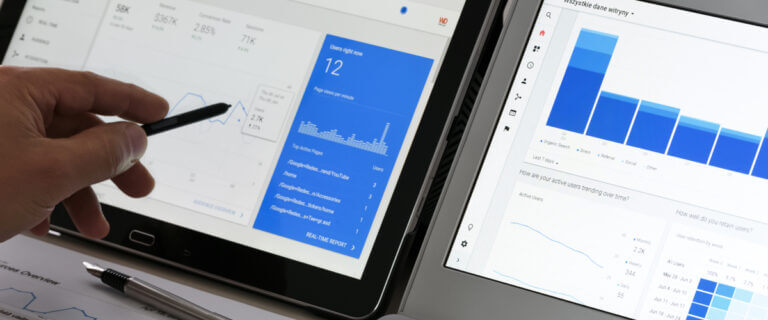If you want to remember something long-term, you may want to put down your keyboard and pick up a pen.
I didn’t originally set out to answer the question, “Does writing help memory?” But on a visit to Germany not too long ago, I was introduced to Ryder Carroll’s Bullet Journal Method.
Handwriting vs Typing
Listen to Rodney talk about handwriting your way to better memory.
@connectivewebdesign Handwriting vs typing as a way to commit something to memory. One of the many takeaways from reading The Bullet Journal Method that have become part of my way. #bulletjournaling #bujo #menwhobulletjournal #productivity ♬ original sound – Rodney Warner
Its objective is to help you capture thoughts quickly, organize information efficiently, and prioritize tasks effectively. It also allows you to create a deeper connection with your goals, aspirations, and values.
While I’ve had an on-again, off-again relationship with implementing this method, one key takeaway has stood out: If you really want to commit to a goal or imprint something into your life, the act of handwriting is far superior to typing.
What does the science say?
Just as much as the world seems poised to go entirely digital, several studies have highlighted the benefits of writing by hand.
- A 2009 study comparing memory for handwriting versus typing showed that recall and recognition are better when people write words down rather than typing them.
- A 2014 study on classroom note taking suggested that university students who took notes by hand performed better on conceptual questions than students who took notes on a laptop.
- A 2020 study on the effects of writing on learning showed that writing about content enhanced learning in science, social studies, and mathematics for elementary, middle, and high school students.
- A 2021 study on memory using paper notebooks versus mobile devices showed that Japanese college students and recent graduates who filed out personal calendars by hand had better memory recall than those who did so on a tablet or smartphone.
The bottom line? When it comes to learning and memory recall, taking notes the old-fashioned way appears to have a clear edge.
Why does writing help memory?
So, what is it about handwriting that makes it better for learning and remembering information? A 2024 Norwegian study suggests an answer: Writing activates more regions of the brain.
Researchers hooked 36 university students to EEG devices, which measure electrical activity in the brain. They then prompted the participants to write or type the word they saw. Students wrote with a digital pen on a screen or typed with a single finger on a keyboard.
What happened? The connectivity of different brain regions increased when the students wrote by hand but not when they typed. Writing by hand requires communication between visual, sensory, and motor areas, stimulating nearly the entire brain.
In short, handwriting makes people more actively participate in the process than typing.
How does handwriting differ from typing?


Researchers have suggested several reasons for the positive impact of writing on memory.
Compared to typing, writing by hand offers the following benefits:
- More mental stimulation: Hitting a key with the same finger is less stimulating for the brain. Writing involves precise hand movements unique to each letter while typing letters on a keyboard involves the same motion each time.
- More tactile information: On a computer screen, pages look the same and scroll endlessly. With analog notebooks, you get sensory input from the feel and color of the paper, the size and shape of the pad, the location and style of your writing, and the movement of turning from one sheet to the next.
- More in-depth processing: Because it’s very difficult to handwrite notes verbatim, handwriting requires you to summarize and consolidate information. With a laptop, however, people tend to transcribe lectures word for word, which doesn’t involve as much mental processing.
As a result, rereading your handwritten notes evokes memories of when you processed the information the first time. When you read your typed notes, however, it’s almost as if you have never seen the information before.
That’s because typing involves relatively little mental processing. The words go from your ears to your fingertips, skipping over most of your brain.
What about speed?
If you’re comfortable with a computer, you can probably type faster than you can write. Many college students bring laptops to class for precisely this reason, assuming typing to be more efficient, accurate, and productive.
However, faster is not necessarily better. While typing may help you quickly copy information word for word, it does not appear to be better for learning and memory. Because it is so easy and fast, it’s almost like we never did it. As the Bullet Journal puts it, “The benefits of writing stem from the very complaint consistently leveraged against it: inefficiency.”
In some cases, using digital tools can even slow down note taking — but not in a good way. In the 2021 Japanese study, students who used tablets and phones took longer to enter information than those who did so by hand.
The researchers hypothesized this was because mobile devices don’t have a computer keyboard to make typing easier. Because entering information into a tablet still doesn’t involve the formation of letters or in-depth processing, it didn’t help students encode information as deeply.
How can you incorporate handwriting into your life?
What does all of this mean to you? In my experience with the Bullet Journal Method, it means if you really want to remember something, commit to something, or incorporate something into your life, write it down by hand.
You may want to try these writing techniques for memory improvement and other benefits.
Journaling
As science has shown, writing by hand helps move information from short-term to long-term memory. Keeping a daily journal can also help you improve your working memory, make faster connections between ideas and facts, and even access old memories.
What’s more, journaling has a host of mental health benefits, including reducing stress and depression and regulating emotions. If you write information down and return to it later, you may have a more objective view of the situation and your reaction to it. You can also use journals to practice gratitude and mindfulness.
Goal setting
An important part of the Bullet Journal Method is goal setting. Unlike open-ended journals, the Bullet Journal has specific organizational structures and templates that allow you to organize your goals visually. You log entries into the journal using short, bulleted sentences, a process known as “rapid logging.”
After creating weekly, monthly, and yearly goals in your journal, you can prioritize them, break them down into smaller goals, and decide how to measure your progress. You may use a pie chart, a bar graph, or a simple list, then personalize everything you’ve written down with dates, titles, and colors however you like.
Mapping
Writing exercises for memory recall don’t just have to contain words. You can also draw diagrams to improve memory and cognitive function.
For example, try drawing the layout of a place you recently visited from memory. Or use mapping techniques — such as mind maps, brainstorming webs, or customer journey maps — to connect ideas visually while reaping the benefits of handwriting.
Are digital notes ever preferable?
While research has taught us a lot about how writing aids memory, digital notes certainly have their advantages, including the following:
- They are usually faster.
- They are cleaner, more organized, easier to edit, and easier to review.
- They are more permanent and reliable, especially if you back them up.
- They are easier to share.
- They have advanced features like “Find” in Word or formulas in Google Sheets.
Taking digital notes may be preferable in the following situations:
The information is unfamiliar
When the information presented is completely new to you, you may not have enough knowledge to process and summarize it on the spot. In that case, you may wish to copy it down verbatim and try to understand more later.
You don’t need to memorize it
If you’re buying a new desk, you don’t need to know the measurements of your office by heart. Having the information accessible on your smartphone is more important than committing that information to memory.
In my case, I found that keeping track of my work to-dos in my journal wasn’t necessary and only created duplicate effort. However, I did find it useful for more long-term goals I wanted to keep top of mind.
It works better for you
Sometimes, it comes down to personal preference. If you always have your device but can never hang on to pieces of paper, taking notes on your computer may make more sense than handwriting them.
Similarly, if you are more likely to review information (after a class, meeting, or conference) when you have it on a computer, it may end up being more useful than taking notes in a notebook.
Can we make digital notes better?
Absolutely! There’s no reason you can’t combine the advantages of digital notes with the benefits of handwriting.
Consider a writing tablet
If you frequently take notes during lectures or PowerPoint presentations, a writing tablet may give you the best of both worlds.
Modern styluses offer a pen- or pencil-like feel in a digital tool. You can write by hand, capitalizing on the connection between writing and memory retention. As with a regular pen, you can take notes, draw diagrams, or make mind maps.
Unlike an analog notebook, however, writing tablets easily convert handwriting to text, never run out of space, and let you share notes with others instantly.
Interact with your digital notes
Nothing is wrong with having an accurate, complete copy of what a speaker said at a lecture or presentation. But simply transcribing notes doesn’t help the content stick in your brain.
After you take digital notes, take the time to process them a little more. Try summarizing them (eliminating unnecessary details), drawing a diagram to connect them, or making a handwritten outline.
Personalize your digital documents
Unlike most digital notes, handwritten notes contain personal touches like unique shapes, varying ink colors, and different lettering sizes.
You can mimic the spatial benefits of analog notes by personalizing your digital documents. Try adding highlights, underlines, circles, arrows, or color-coded virtual notes in the margins.
Minimize distractions
It happens to all of us: We pick up our phone to send a text, only to see notifications about two calendar alerts, three missed calls, and 10 new emails. We spend 15 minutes on our phone before putting it down again, only to realize we forgot to send the text.
The Bullet Journal has an old-school format on purpose: it allows you to take notes without the distractions of digital tools. To make digital note-taking more like analog note-taking, don’t forget to turn off notifications, calls, and other distractions.
Use both!
Fortunately, you don’t have to choose one over the other.
Some experts suggest writing things down by hand first and then typing them up. This allows you to benefit from memory enhancement through writing while using digital tools to clean up, organize, and store your notes.
It can also work the opposite way. If you take notes on a laptop, summarize them by hand or make a bulleted outline of the transcript afterward.
Looking to improve your memory and gain new insights? Write stuff down!
The bottom line is that handwriting important information enhances memory and learning. Because it requires more effort and activates more of our brain, we tend to remember the information better.
However, the value of writing notes the old-fashioned way varies by person, topic, and purpose. I find it particularly useful for details I need to remember long-term and distant goals I want to achieve.
An added benefit? You may find that writing things down helps you think outside the box. According to the Bullet Journal Method, “Writing by hand enhances the way we engage with information… It allows us to form new connections that can yield unconventional solutions and insights.”
In an increasingly digitized world, I wanted to highlight the potential value of good old-fashioned handwriting. Instead of asking, “Does writing help memory?” perhaps the best question is, “Can writing help me?”
Experiment for yourself and see what value it can bring to your life.














